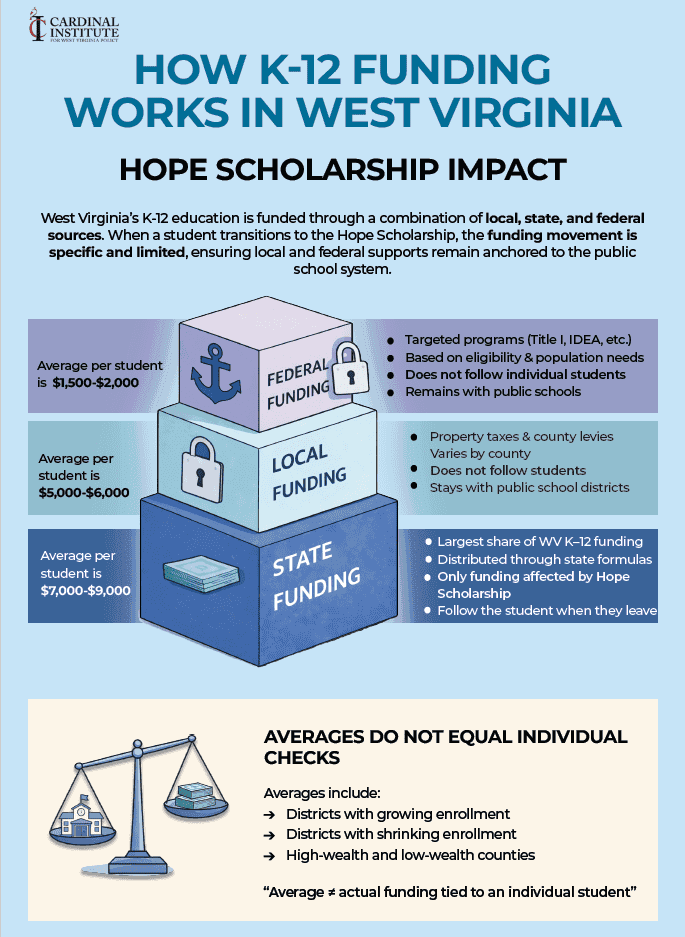
What is Civil Asset Forfeiture?
In the United States, civil asset forfeiture is a legal process through which law enforcement officers may seize assets from individuals that they suspect of committing a crime. The key here is “suspect” of committing a crime. There is no requirement for the person whose assets were seized to ever be convicted of criminal activity. This is in stark contrast to criminal forfeiture, which occurs when someone is actively being tried for a crime.
Burden of Proof
In normal legal proceedings against an individual in the United States, courts presume the person is innocent until proven guilty. The prosecution, brought by the state, must prove “beyond a reasonable doubt” that the person in question actually did commit the crimes that the state is accusing them of, and a jury of their peers determines whether or not the prosecution was able to do that. Meanwhile, in civil asset forfeiture cases, this is completely flipped on its head.
Not only does civil asset forfeiture not require a conviction, but in order for individuals to recover assets, the original owner has to prove they weren’t ill-gotten gains from criminal activity. They must also prove that to a judge not a jury. Civil asset forfeiture cases do away with “innocent until proven guilty” and replace it with “guilty until proven innocent.” This practice is a slap in the face of the legal underpinnings that safeguard our freedom.
Civil Asset Forfeiture is Ripe for Abuse
So we have some funky legal rules around civil asset forfeiture cases. Why would that lead to abuse? You can find the answer to that question by looking at who benefits from the seizure of those assets. Assets seized go directly to the seizing law enforcement agency as a means of self-funding. It doesn’t matter if seized assets are cash or wedding dresses.
So we have very lax requirements for civil asset forfeiture to take place, very strict requirements for the return of those assets, and a conflict of interest in the agency responsible for asset forfeiture. You can see where this is going.
For more clarity, here’s a story of West Virginian asset forfeiture. In short, a couple had cashed out their winnings at a casino in Baltimore, Maryland and were on their way to try their luck in West Virginia. State police handcuffed the 34-week pregnant woman along with her husband before seizing over $10,000 in cash and gift cards from them. All this while questioning them about drug use, untaxed cigarette smuggling, and the like. Law enforcement never found any drugs or contraband.
After two months of waiting for paperwork to reclaim their money from legal authorities and missed calls to the prosecutor, the couple contacted the Charleston Gazette with their story. Not long after, their assets were returned.
A Simple Fix
The legislature needs to make sure this racket never happens again. To do so would be easy: require criminal conviction for seizure of assets. Innocent West Virginians, and those traveling through the Mountain State, would then be secure in their persons and property. Courts could still charge, convict, and fleece criminals (rightfully so!). This would incentivize law enforcement agencies to find criminals and bring them to justice to line their departments. There is no downside. Civil asset forfeiture has no place if it is true that Montani Semper Liberi.
Jacob McCoy is a Contributor to the Cardinal’s Nest Blog.








